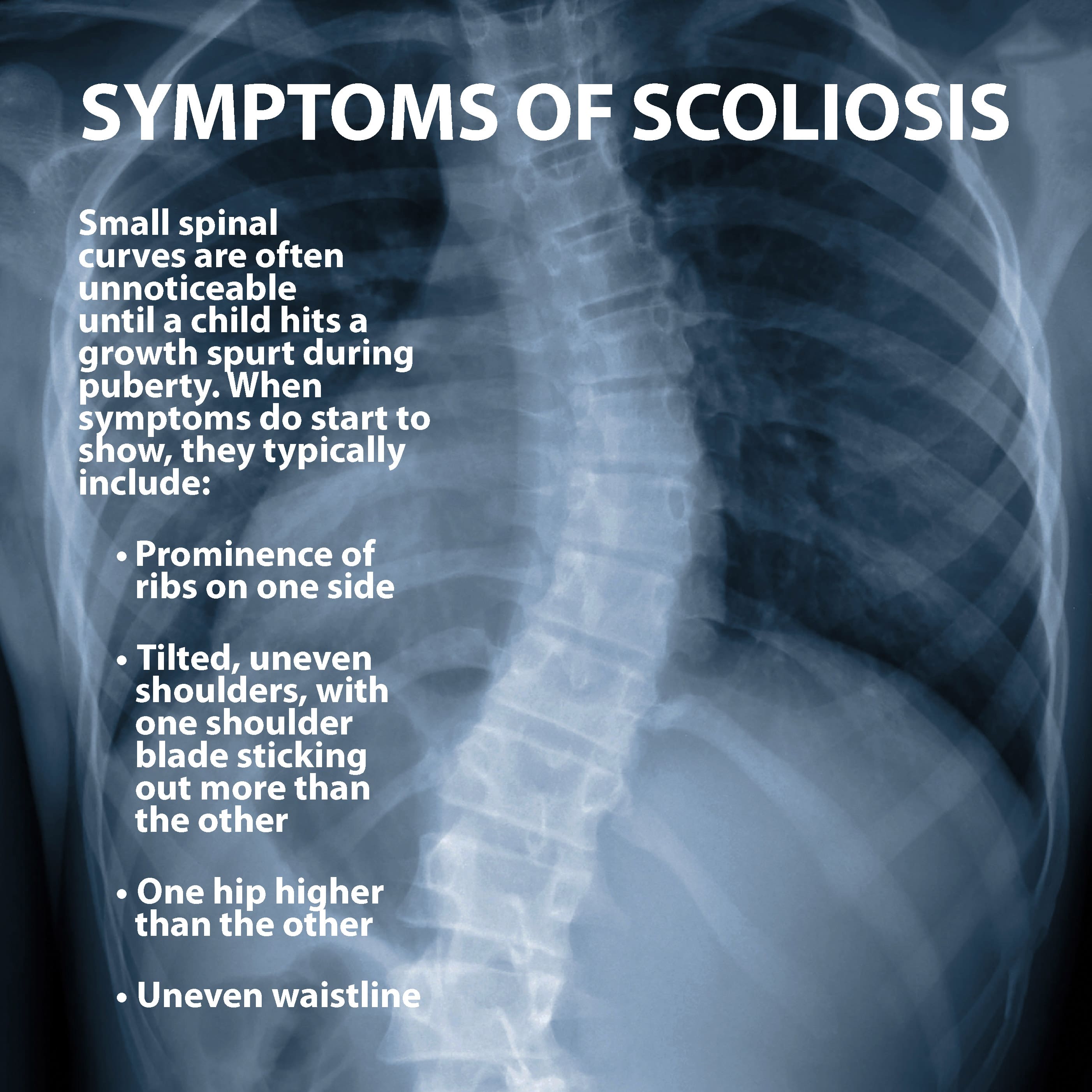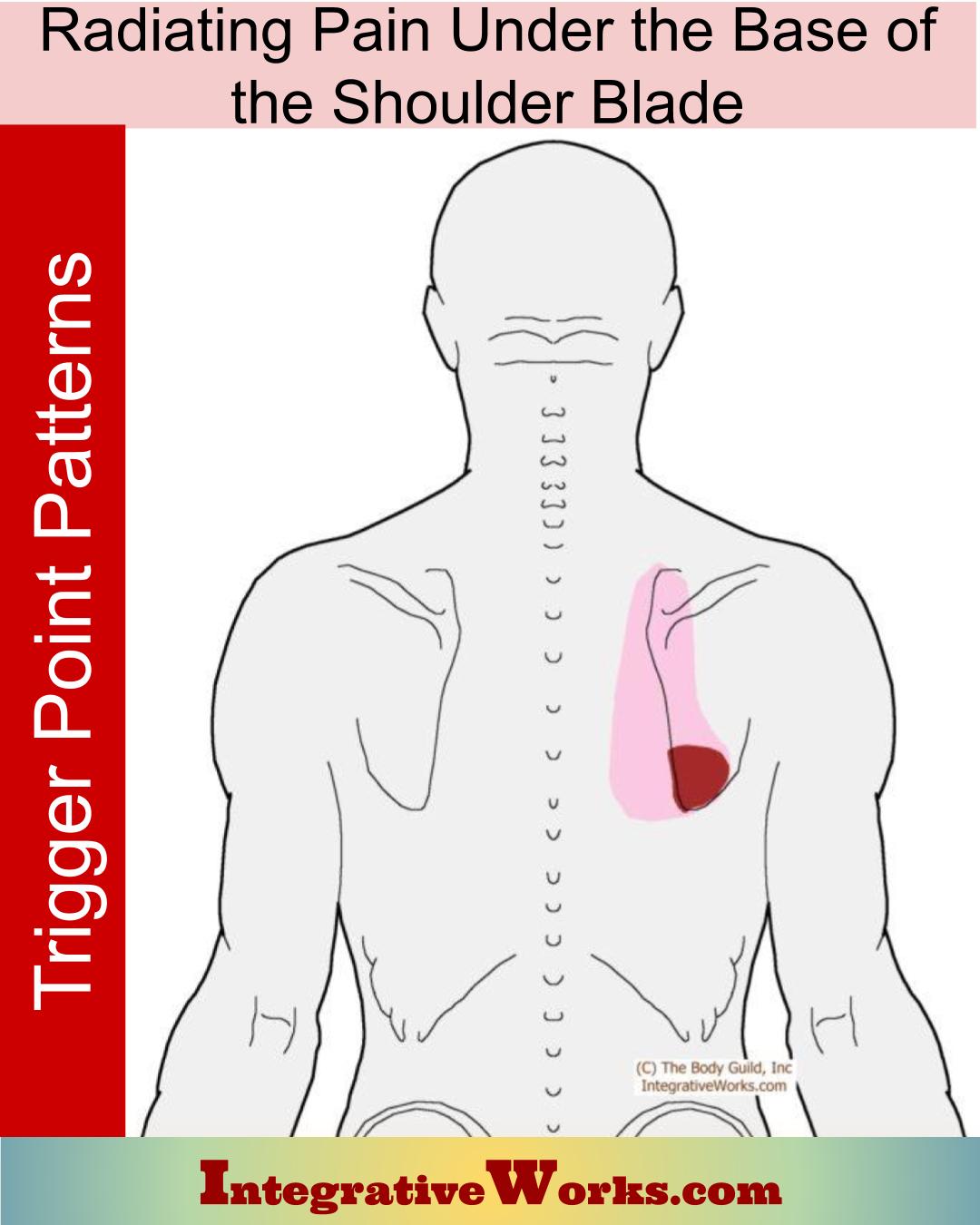Mild lumbar levoscoliosis is a condition that affects the curvature of the spine, specifically in the lower back region. This condition is characterized by a slight sideways curvature, referred to as levoscoliosis, which occurs towards the left side of the spine.
Lumbar levoscoliosis is often diagnosed through the use of medical imaging techniques such as X-rays or MRI scans. These tests allow healthcare professionals to determine the degree and location of the curvature, helping them analyze the potential impact on the patient’s overall health and well-being.
Although the word “mild” indicates a relatively small and less severe degree of curvature, it is essential to monitor and manage this condition. While some individuals with mild lumbar levoscoliosis might not experience symptoms or significant complications, others may encounter discomfort, pain, or limitations in their range of motion.
Treatment options for mild lumbar levoscoliosis typically focus on managing symptoms and maintaining overall spinal health. This can involve physical therapy exercises aimed at improving posture, strengthening the back muscles, and relieving pain. Additionally, healthcare providers may recommend lifestyle modifications, such as adopting ergonomic practices and avoiding activities that strain the back.
Regular check-ups and monitoring are crucial to assess the progression of the curve and ensure that any potential complications are promptly addressed. In some cases, medical professionals may suggest the use of back braces to provide support and prevent the curvature from worsening, especially during periods of rapid growth in children or adolescents.
Overall, early detection and appropriate management of mild lumbar levoscoliosis can help individuals lead active and fulfilling lives. Working closely with healthcare providers to develop a personalized treatment plan can provide the best possible outcomes for those affected by this condition.
Is mild levoscoliosis serious?
In most instances, people with a minor form of scoliosis do not require treatment, and it is not a sign of a serious underlying medical condition. However, people with more severe cases may experience serious complications, such as chronic pain and reduced organ function, if they do not receive treatment.

How is levoscoliosis treated in adults?
Surgery: In severe cases of levoscoliosis, where the curve is large or rapidly progressing, surgery may be considered. Spinal fusion is a common surgical procedure that involves connecting vertebrae together with the use of implants, rods, and bone grafts. This stabilizes the spine and reduces the curvature.
How do you fix mild levoscoliosis?
– Wait and watch. Children who are still growing and have mild scoliosis will get rechecked every 6 months to see if the curve is getting worse. …
– Back brace. …
– Chiropractic treatment. …
– Surgery. …
– Exercise. …
– Treatment considerations.
Is mild levoscoliosis a disability?
It is possible to obtain disability benefits for dextroscoliosis and levoscoliosis, depending on the curvature of your spine. Dextroscoliosis, the more common of the two, means the spine curves to the right (away from the heart), whereas levoscoliosis indicates a left-side curvature.
How do I tell my doctor I want to switch doctors?
– No need to explain why you’re leaving. It’s really fine to move on without telling your doctor why you’re making the choice.
– Request your medical records right away. Ask staff for the necessary forms. …
– Research new candidates thoroughly. …
– Make sure your new doctor can take you on.

What do you say when leaving a doctor?
State why. Take responsibility. “I’ve decided to start with a new provider because….” And then follow up with more I statements, including “I need” and “I want.” Avoid statements that begin with “You didn’t” or “You should have.” They just lead to the other person feeling like they have to defend themselves.
How do you end a relationship with a doctor?
Be transparent when you talk to your doctor about ending your relationship with them. You don’t have to lie or manufacture a reason for your departure. During the conversation, focus on what’s best for you, and your immediate and long-term health care needs. You don’t have to go into extreme detail.


